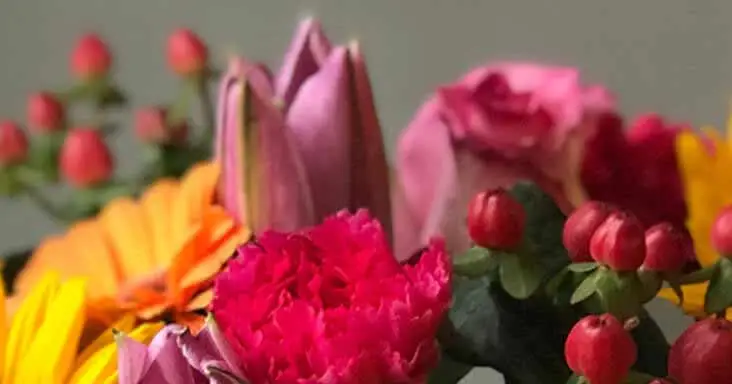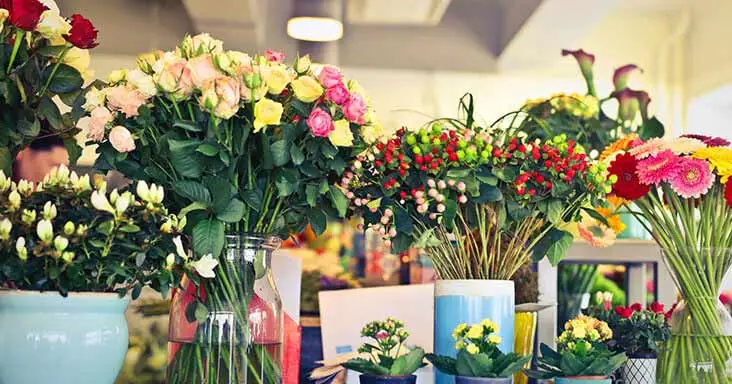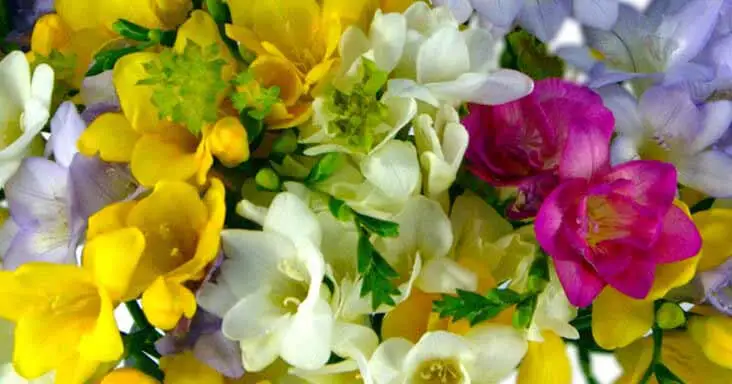The use of scents and such like by humans goes way way back in history. So far in fact, that it seems no one actually knows when we started to make them. To give you some idea, the Egyptians put down roots in the fourth millennium B.C. At this time, they already used plants and flowers to make scented oils and balms. The increased demand in needing these raw materials meant that inventive ways evolved of extracting the scents, such as pressing and pulverization, and so, the first steps were made into the production of essential oils by distillation.
Possibly even earlier civilizations offered flowers and herbs to their Gods. This is backed up by archaeological findings, oral tradition and very early writings.
Roman writings describe how fragrances were used lavishly – following the spread of the use of perfumes to the western world. The use of perfume changed from being for mainly religious purposes to being for “the person”. This caused a sway towards the perfume industry as we now know it – bringing employment and industrial advantage to the community.
After the Roman Empire fell (in the Middle Ages), so too did all the inroads that they had made into the perfume industry in Europe. It became again a mainly religious sanction. The beginning of the 13th century saw trade to the Orient being re-established and so the emergence of further exotic flowers, herbs and spices . The Arab races were knowledgeable in alchemy and distillation by this time. Venice emerged as the centre of the perfume trade and this rapidly spread to other countries throughout Europe.
For at least 4000 years the manufacture of perfumes and relating – aromas, cosmetics etc. came from natural sources (i.e. animal or vegetable). Despite the long tradition of making perfumes and scents, the first synthetic fragrance material was not made until the late 18th century. With the increase of synthetic ways of making the perfumes increasing, so too did the perfumes industry as a whole. Many still preferred the natural way of doing things (as we have recently seen a major trend towards returning to), and thought that the synthetic raw materials had a harsh and possibly distasteful aroma to them.
The mass-production of perfumes using synthetic materials continues to this day, although there has recently been an increase towards the natural and organic (not only in perfumes – but other cosmetics, food etc.) Many now choose to make their own perfume and skincare products – to name but 2 areas. I will show you ways of doing this in the coming weeks... so keep watching!
Prepared by Viki, posted by Bob



